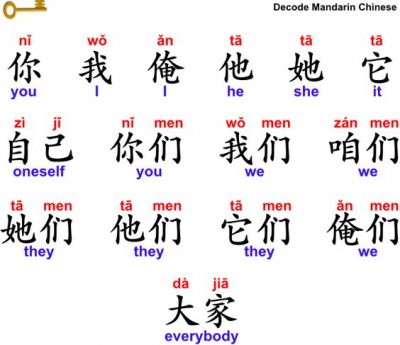Countries around the world experience division in so many ways. They can be divided by religion, caste systems, and even educational background. In some places, socio-economic standings count, too.
This particular article, however, will focus on language.
A cultural divide due to languages restricts people from socializing with each other. Take, for example, a person from a British-English speaking background. When he socializes with an American-English person, he may feel alienated due to their differences in accent and lifestyle.
For a person who is a non-native in an English-speaking country, embracing the region’s culture can be difficult. Since the person can’t easily mingle with the natives, he’ll feel left out and insecure. Because of these feelings, he’ll likely withdraw more.

A cultural division due to languages doesn’t only happen in English-speaking countries.
Mandarin Chinese is one of the most spoken languages in the world. Despite this, not everyone in the world knows how to speak it.
For a first time traveler, surviving a trip to China alone is near to impossible. He needs to bring along someone who knows a thing or two about Chinese culture. If not, he’ll feel very much unwelcome.
One good reason is misconception. For people who know how to speak Mandarin Chinese, it’s easy to downplay others who can’t even understand its basic words and phrases.
Because it’s a widely spoken language, they expect other people to know it, too. And when foreign people can’t engage in small talks with the natives, they’ll consider them unfriendly and a snob.
However, what those natives don’t know is that the foreign people are just experiencing difficulty understanding their language and communicating.
People aren’t always expressive with these misconceptions. In fact, they are implied most of the time and it is what makes things a lot more complicated.
In many South Asian nations, being fluent in English means being successful. They think that English speakers are smart, witty and intelligent.
The ability to speak in a foreign language gives one an edge in the corporate world. Because of this, a lot of people try to learn the most influential languages in the world to get better career opportunities and experience professional growth. Some of these people even travel abroad just to master the languages.
When they get home, however, natives consider them as too good for their community. This, as a result, leads to isolation and the gap becomes even wider.
The Solution
To bridge this gap, we must learn to appreciate diversity. People are different and so are the languages they speak.
Despite these differences, we should still learn more about other people’s languages. Being a native of one country doesn’t mean that you don’t have any right to learn another country’s language.
Think of it as a way to connect with other people.
Natives think that foreign people aren’t friendly because they are not talking to them. Foreign people, on the other hand, feel isolated and unwelcomed because natives aren’t reaching out to them.
By taking the time to learn a foreign language, we will be able to avoid these misconceptions. And the lesser these misconceptions are, the more we can prevent cultural divide due to languages.
See Also: 5 Tips to Learn Languages by Reading Foreign Books